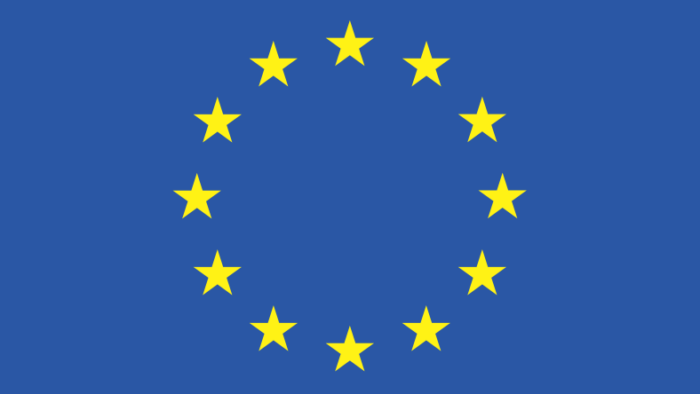According to recent reports, the European Union is working on new measures to punish the technology giants. These measures include forcing them to spin off or sell parts of their European businesses. This will only happen if their market dominance is deemed to threaten the interests of customers and smaller competitors. EU Commissioner Breton said that the proposed remedy also includes the complete exclusion of large technology groups from the single market. However, he noted that these remedies will only be used in extreme situations.

In addition, the EU is considering the establishment of a rating system. This system will allow the public and stakeholders to evaluate the behavior of companies in certain areas. The system will look at parameters such as compliance with tax regulations and the speed with which illegal content is removed.
Breton said: “The end-users of these platforms have a feeling that they are too big to be regulated.” Breton, who is leading a comprehensive reform of the EU’s digital rules, said frankly, “(In) certain circumstances, we may still have the right to implement structural separation.”
The European Union’s forthcoming Digital Services Act will set new rules on the responsibility of platforms in handling illegal content and online false information. Prior to this, the European Union conducted a public consultation on the bill.
The Electronic Commerce Administration will update the e-commerce directive. This is because the e-commerce directive is about 20 years old (since 2000). At the time, most of the leading companies in the industry were either in their infancy or did not yet exist.
All companies will have to obey the same set of rules
Breton confirmed that the EU will not exempt the company from its hammer. However, EU regulators are drafting a blacklist of activities that technology companies will have to ban. He added that some companies prevent users from changing platforms or force users to use only one service. These actions may lead to stricter sanctions.
Breton compared the power of large companies with banks before the financial crisis, saying…”It’s like small banks and big banks don’t have the same rules. Small banks have more flexibility. Of course, when you become a systemic bank, you will have a set of (different) rules.”
Breton said that the new regulatory system will be based on joint efforts between governments and the European Union. “We need to strengthen the supervision of these large platforms, just like our supervision of the banking system (after the financial crisis).”
The proposal for the new rule will have to go to the European Parliament and the European Council for consideration. An EU official warned that the EU needs to find the right balance. “Overreaching can be counterproductive, you will score an own goal,” the official said. “On the other hand, it takes enough ambition to resolve people’s concerns about (large technology companies).”





